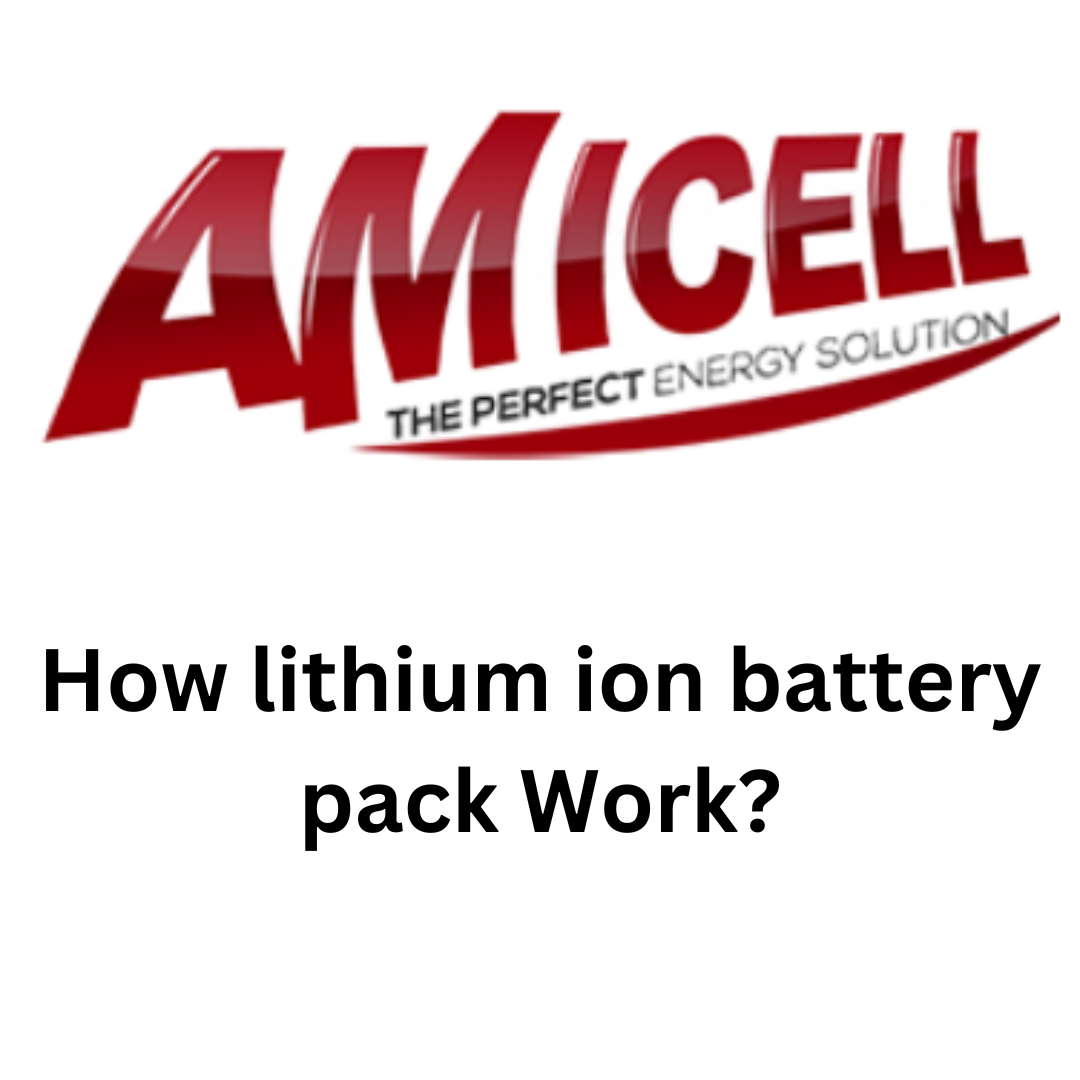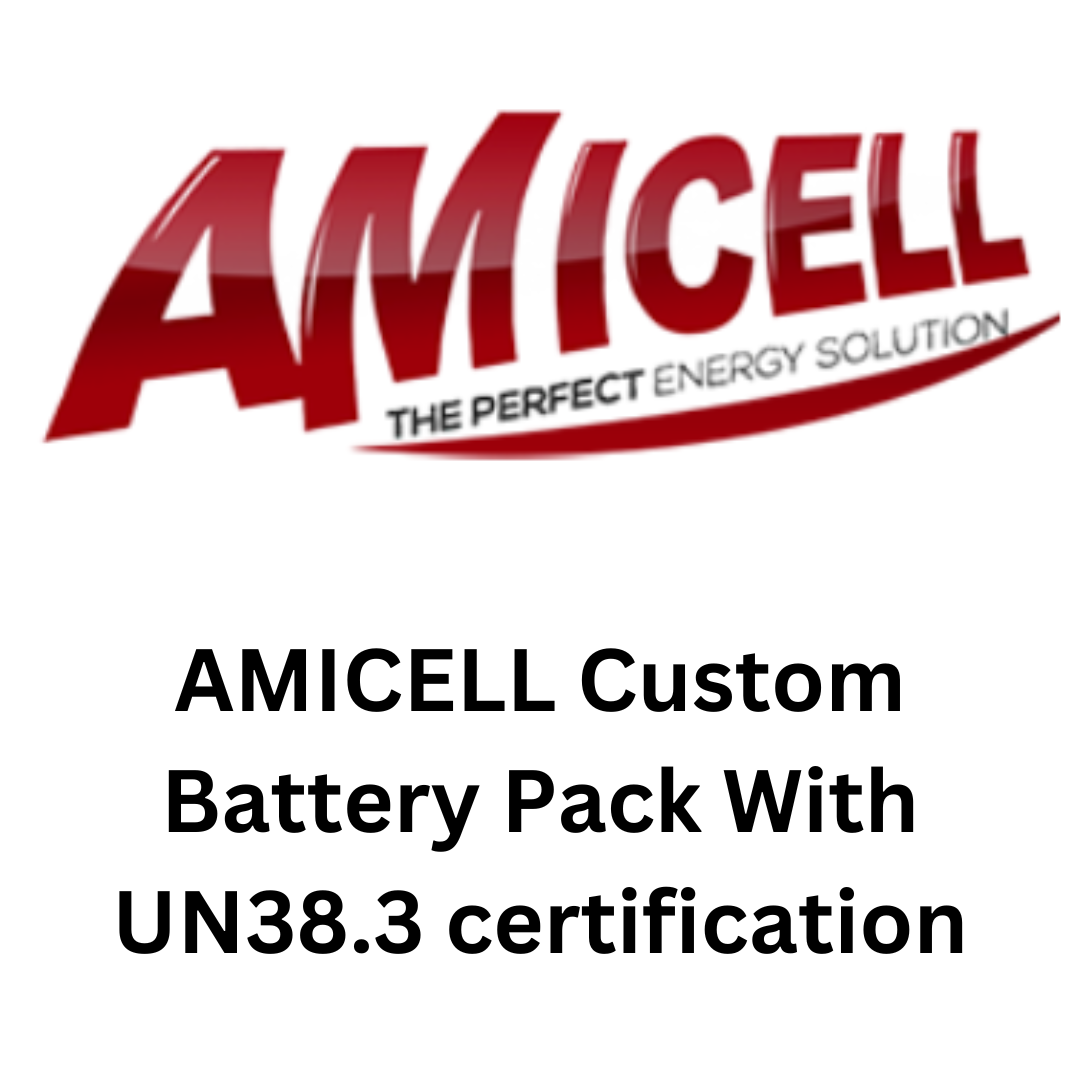Learn about Lithium-Ion Battery Pack Uses and Applications

Lithium-ion battery packs have become an important part of modern technology, powering everything from smartphones to electric vehicles. Known for their high energy density, long life, and lightweight design, these batteries are used in a wide range of applications.
Whether you’re flying a drone, driving an electric car, or simply using your laptop, a lithium-ion battery pack is likely providing the power you need.
What is a Lithium-Ion Battery Pack?
A lithium-ion battery pack is a portable energy storage system that uses lithium-ion cells to provide power to various devices and applications. These packs are made up of multiple individual cells, which are connected to deliver the required voltage and capacity.
The lithium ion battery pack is known for its high energy density, meaning it can store a lot of energy in a compact size. This makes it ideal for use in devices like smartphones, laptops, and electric vehicles. Additionally, a li-ion battery pack is lightweight and can be recharged many times, making it both efficient and convenient for everyday use.
How Does a Battery Work?
A battery works by converting stored chemical energy into electrical energy, which powers devices. Inside a battery, a chemical reaction occurs between the positive and negative electrodes, releasing electrons. These electrons flow through a circuit, creating an electric current that powers the connected device.
What are UAV Batteries
The UAV battery used in drones, the battery provides the necessary power to the motors, enabling the drone to fly. The energy stored in the battery is gradually used up as the drone operates, and the battery needs to be recharged once depleted. The efficiency and lightweight nature of UAV batteries are crucial for keeping drones airborne for extended periods.
AMICELL Li-Ion Battery Pack
Lithium-ion (Li-ion) battery packs are becoming more and more popular because of their high efficiency, long life, and lightweight design. One well-known example is the AMICELL Li-ion battery pack, which is used in many portable devices and electronics. These battery packs store energy and provide reliable power for devices like smartphones, laptops, and tablets. The ability to hold a charge for a long time and recharge quickly makes these battery packs ideal for daily use.
The AMICELL lithium ion battery pack is known for its reliability and performance. Whether you are powering a small gadget or a larger device, these packs deliver consistent energy. They are designed to be lightweight, which makes them convenient for portable electronics. This is why so many manufacturers prefer using lithium-ion battery packs in their products.
Lithium-Ion Batteries for Drones
Drones, or unmanned aerial vehicles (UAVs), rely heavily on lithium-ion batteries for power. These batteries are preferred because they are lightweight and provide a high energy output, which is necessary for keeping drones in the air for longer periods. The “quadcopter battery” is a specific type of lithium-ion battery pack designed for quadcopter drones, offering a balance between weight and power.
Different “drone battery types” are available, but lithium-ion batteries are among the most popular due to their performance. Whether used for recreational flying, photography, or industrial inspections, these batteries offer the endurance needed for various drone applications. The light weight battery feature is especially important in drones, where every gram counts.
Uses of Li-Ion Battery Pack
- Smartphones and Tablets: Li-ion battery packs are widely used in smartphones and tablets due to their high energy density and long battery life, allowing users to enjoy extended usage without frequent recharging.
- Laptops and Portable Electronics: These batteries power laptops and other portable electronics, providing a reliable and lightweight energy source that supports mobility and convenience.
- Electric Vehicles (EVs): In electric cars, lithium-ion battery packs are essential for providing the necessary power to the motor, enabling long-distance travel on a single charge.
- Drones (UAVs): Li-ion batteries are commonly used in drones, offering a lightweight and efficient power source that helps UAVs (unmanned aerial vehicles) stay airborne for longer periods.
- Renewable Energy Storage: Lithium-ion battery packs are used to store energy generated by solar panels and wind turbines, ensuring a steady supply of power even when the sun isn’t shining or the wind isn’t blowing.
Applications of Lithium-Ion Batteries
Lithium-ion batteries are found in various applications, each taking advantage of their high energy density and long cycle life. In electric vehicles (EVs), lithium-ion battery packs power the motors, enabling the car to travel long distances on a single charge.
These batteries are also crucial in the storage of renewable energy. For instance, they store the energy produced by wind and solar farms, making it available for use when needed.
One of the most important components of these battery packs is the battery management system (BMS). The “li ion battery bms” helps monitor and manage the performance of the battery pack, ensuring safety and efficiency.
Lithium-ion batteries are also used in drones, where a lightweight and high-capacity power source is essential. The battery often refers to the lithium-ion packs used in these unmanned aerial vehicles.
Advantages of Lithium-Ion Batteries
- High Energy Density: Lithium-ion batteries can store a large amount of energy in a small, lightweight package. This high energy density makes them ideal for use in portable devices and electric vehicles where space and weight are important.
- Long Cycle Life: These batteries have a long lifespan and can be recharged many times before their capacity starts to decline. This durability means fewer replacements and lower long-term costs.
- Fast Charging: Lithium-ion batteries charge quickly compared to other types of batteries. This feature is particularly useful for devices like smartphones and laptops that need to be powered up quickly.
- Low Self-Discharge Rate: They have a low self-discharge rate, meaning they lose less energy when not in use. This efficiency helps preserve battery life and ensures that devices remain powered for longer periods.
- Environmental Benefits: Compared to older battery technologies, lithium-ion batteries are more environmentally friendly. They contain fewer toxic materials and are often easier to recycle, making them a better choice for sustainable energy solutions.
Frequently Asked Questions
What are lithium batteries best used for?
Lithium batteries are best used for devices and applications that require high energy density, long battery life, and lightweight power sources. This includes smartphones, laptops, electric vehicles, and drones.
What does a lithium battery pack do?
A lithium battery pack stores energy and provides power to devices and machines. It ensures that the device can operate for a long time without needing frequent recharges.
How long does a quadcopter battery last?
The flight time of a quadcopter battery typically ranges from 10 to 30 minutes, depending on the battery capacity, the drone’s weight, and how it is used.
What are the applications of a lithium-ion battery?
Lithium-ion batteries are used in many applications, including smartphones, laptops, electric vehicles, drones, and renewable energy storage systems. They are valued for their high performance, long life, and lightweight design.
Conclusion
Lithium-ion battery packs play a crucial role in modern technology, powering everything from small gadgets to large electric vehicles. Their versatility, efficiency, and lightweight design make them the preferred choice for a wide range of applications. As technology continues to evolve, the uses and applications of lithium-ion batteries are likely to expand even further.




